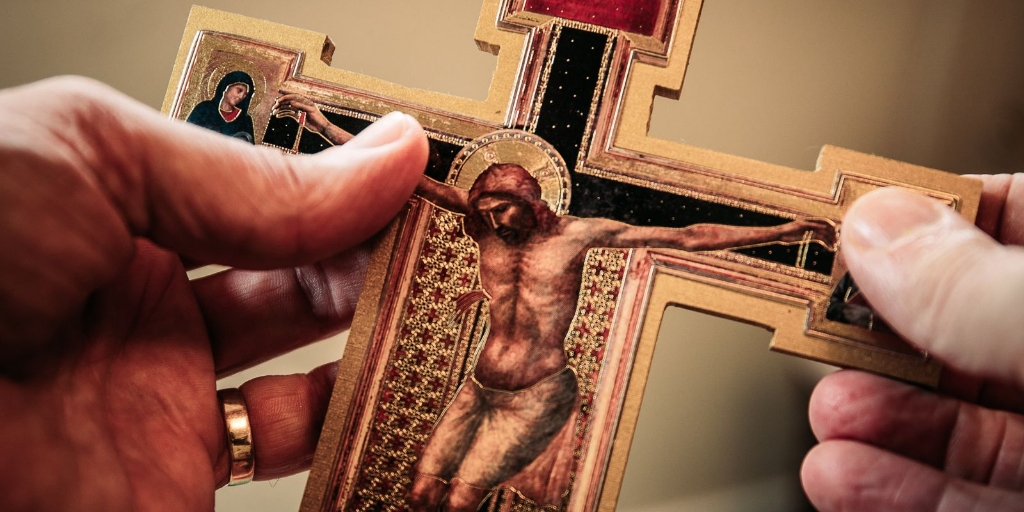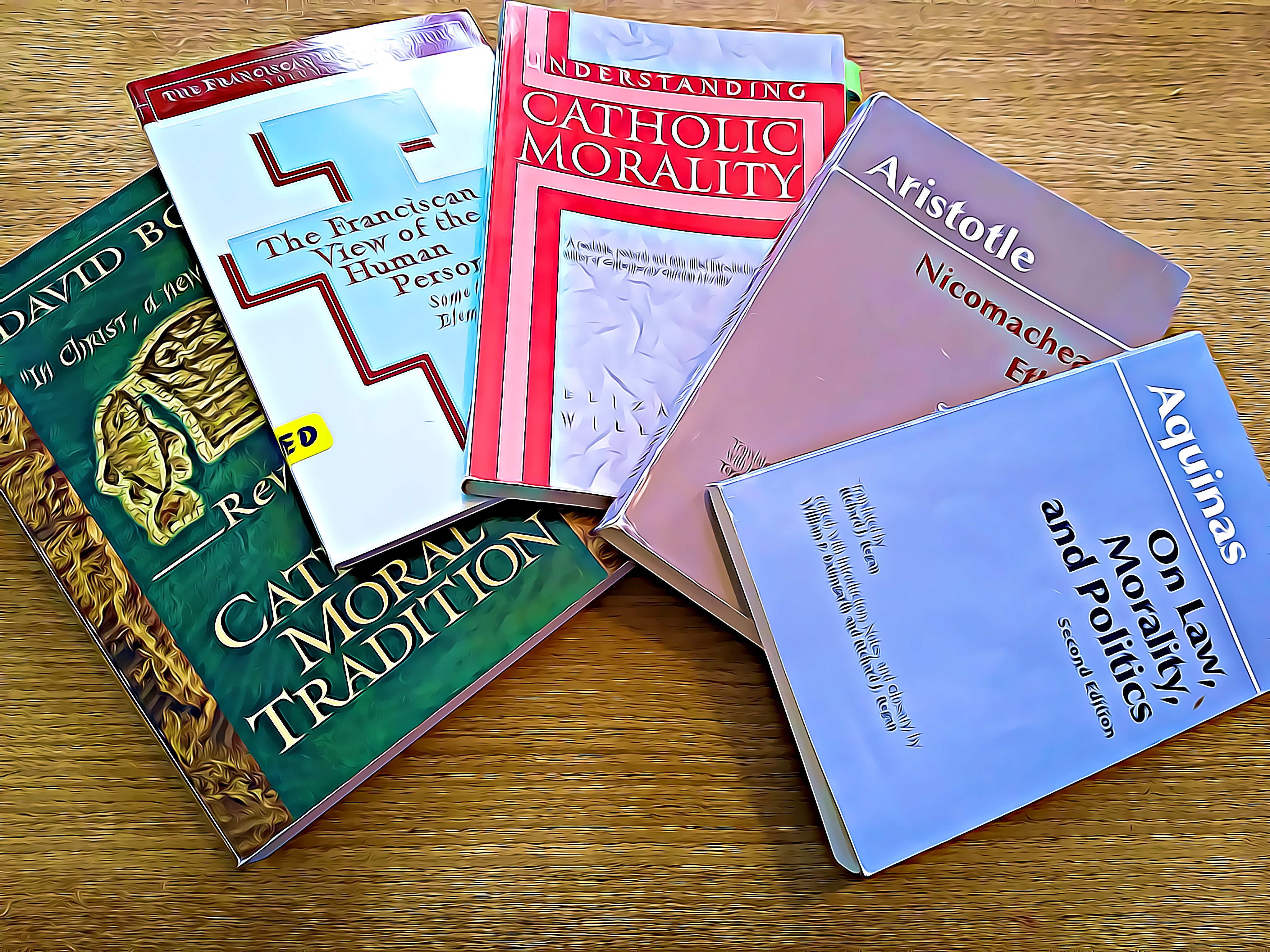
Jane Korvemaker addresses the complicated issue of open online disagreement with Church teaching and authority.
Did your hair stand on end reading that headline? Did anger flare within you brightly for a second with it? Maybe you thought, ‘Oh, another one?’ or ‘I wonder which thing this one is about.’
The sad part about this is this attitude is becoming more and more common online, this I’m more knowledgeable/faithful than the bishops that comes across so many headlines and comments these days. I know I have to consciously and intentionally move my mouse across the screen to click away from such things so as not to respond unkindly (and I fully admit I fail at times, but no one except me and God will see how many times I succeed). Really, there are two temptations here: a) to believe that we are the centre for understanding the Catholic faith and b) debasing ourselves in unkind responses.
Being Catholic is about encountering the living Christ and allowing the mystery of faith in the Trinity to permeate our lives. The beginning of theology is knowing Jesus and this mystery of faith and trying to understand it. We have four main areas of study within theology: systematic theology, foundational, moral theology, and Scripture Studies. Through all of this the means of communicating our faith has found a home within philosophy. Philosophy is used extensively throughout the realms of theology to be able to express this knowledge we’ve sought to understand. Philosophy has given the framework to best be able to do this and has contributed greatly. I’m not going to get into more details, as my own eyes are starting to glaze over a little, but St. Thomas Aquinas is perhaps the best known theologian to prove how useful philosophy is to order our thinking about the mystery of faith.

Moral theology is by far the area that is most disputed and where I see most Catholics disagreeing where there is no or little need to disagree. Everyone’s an expert here, right? The trouble with that is that moral theology isn’t easy. It is complicated and detailed and has its own branches of study within it. Looking back to my headline, "I Know More Than the Bishops," this attitude assumes a lot of things that likely cannot be validated. This claim or attitude assumes knowledge of the previous paragraph in much more detail. It is un-credible. And yet when it comes to moral theology, by far this is the biggest claim I see when people disagree with Church leaders.
If you’ve found yourself thinking in this way, I challenge you to explore what exactly you find yourself in disagreement with, and thoroughly explore the issues surrounding it. How can one begin to address it? First and foremost, look to your own local bishop. Your local bishop is your leader in faith and morals; it is not any other bishop, even if you agree more with a different bishop. Second, ask what your regional Synod has said about the issue (eg USCCB). Third, read what Catholic moral theologians and ethicists are saying about it, and choose to read the ones who are in line with the majority of bishops and with the Catholic way of thinking.
If the terms or understanding is difficult surrounding the issue (and as they’re using philosophy, terms especially may be misunderstood by a layperson – I raise my own hand at this) and even if we’ve read extensively and it is still confusing (or if we think there is absolute certainty in it), then we really need to question why we think we know better than the experts. We can learn, but we need to choose to do so in the right way, not the wrong way. We need to educate ourselves the right way as well as accept the teachings in faith and morals from our bishop and Church.
Finally, when we encounter online someone with whom we seem to have a deep disagreement, we really need to pray about the situation, for the other person, and for our own response. Ten times out of ten when I disagree with someone online and through initial discussion there doesn’t seem to be common ground, taking a day or two away from the situation is essential for helping me to be charitable. Jesus came to take away our sins, not our brains, as an infamous theologian once taught in class. We are required to love each other more than our disagreements (we all know this!), which we all struggle to do online. I know I struggle. I fail. Sometimes I succeed. But we need to be able to meet Jesus at the end of our life and account for how well we’ve loved, even those we disagree with online.
So do I know more than the bishops? I’ve done some studying of the faith, but I’m not foolish to think I know more. I can easily say that no, I do not know more. Even if I do, the better question to ask is whether I can love those with whom I may disagree, for that is the far harder thing to do.
Do you have a success story in which you chose to love someone despite disagreeing with them? How did you love them?
Copyright 2021 Jane Korvemaker
Images: James Coleman (2019), Unsplash; copyright 2021 Jane Korvemaker, all rights reserved.
About the Author

Jane Korvemaker
Jane Korvemaker loves food, family, wine, and God (perhaps not in that order). She holds a Certificate in Culinary Arts, which pairs perfectly with her Bachelor in Theology. A former Coordinator of Youth Ministry, she writes from the beautiful and cold province of Saskatchewan, Canada. She works from home and takes care of her three very hard-working children. Jane regularly blogs at AJK2.ca.


.png?width=1806&height=731&name=CatholicMom_hcfm_logo1_pos_871c_2728c%20(002).png)
Comments